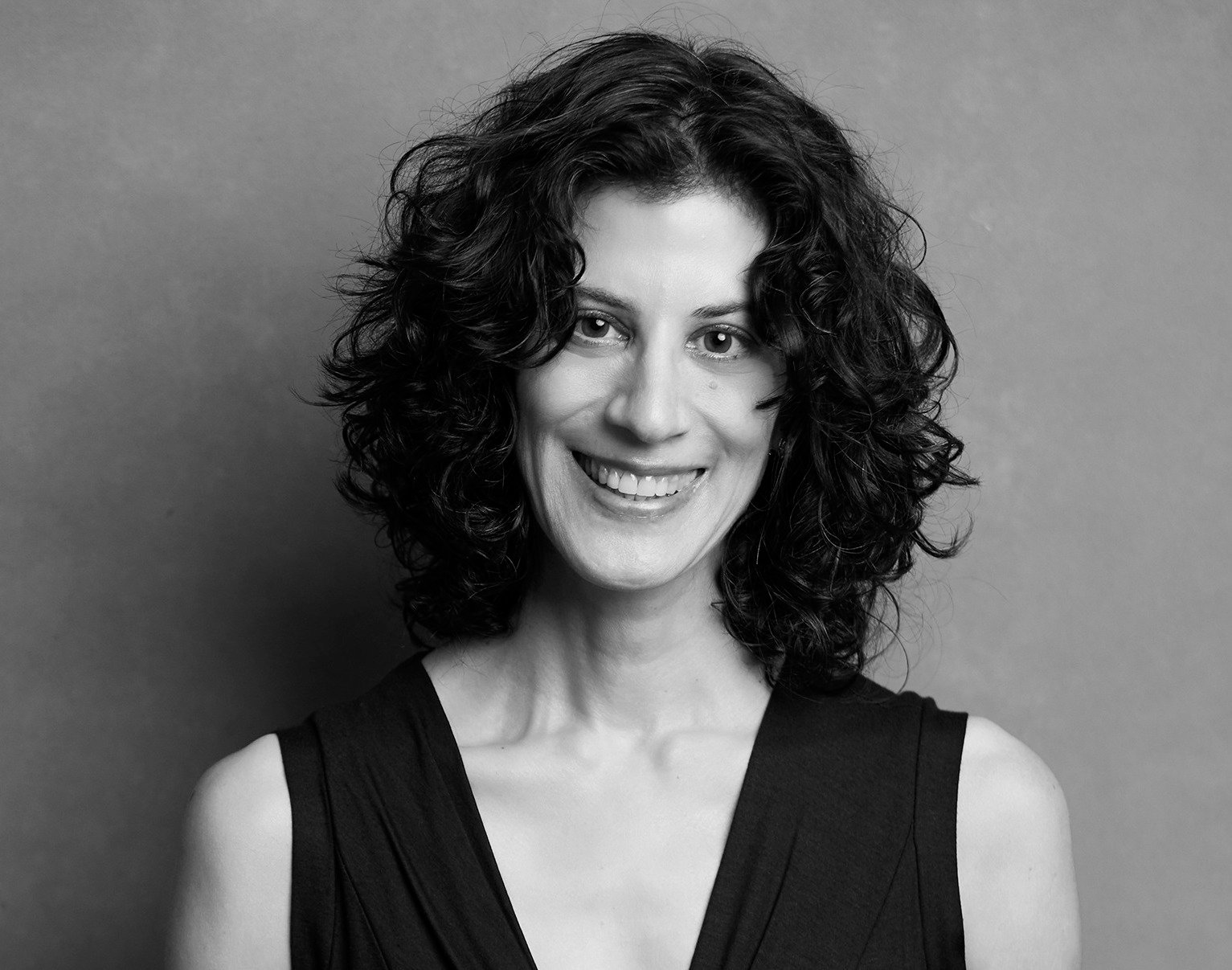Ode to Patrick Kearns, Funeral Director of the Leo F. Kearns Funeral Home, in Queens
By blood we go into the fabric of what once felt hymnal at worst;
we are tuned to higher pitches now, in languages invented,
not imagined rites of spring but last rites in strange establishments.
Trucks collect the dead and roll uptown to bury in a potter’s field
corpses we knew, and loved, their long solemn graves
together, better here than bodies shelved or stacks of flesh
shipped out of state to cremate or left to rot. We formalized obituaries
(she was first to graduate, he escaped, she was a composer, he,
though deaf, was a composer, too; we pray alone to keep their souls
alive) until this month. We lived in adverbs, dressed for rainshine
half the time and not according to the daily toll, not this running
tally, at scale in every borough. Our minds are lost to gravity
again. By gravity we live. We move from cell to fingers, toes,
our footprint handprint fingerprint alone identifies us as one
person in this widening morgue; you men and women of generations,
ever upward, we say now; if Whitman could, he’d hold us dear,
our arms, our feet, our hands, our fingerprinted fingers wrapped in his—
“myself disintegrated, every one disintegrated yet part of the scheme”—
and renew us with varied meanings, rebellious curiosities;
I will miss him in my future, if it is me, and in twenty or a hundred years,
history will ask: How did we wear on with so much
weeping? It was never so beautiful as this April
in the park with yellow oaks deliriously blooming
despite the trill of siren after siren to the east; we ignored it,
walking west or north, southeast, any which way
someone else wasn’t. Sunlight far-flung itself
sideways across the arms-up oaks and Olmsted’s slopes;
oh I was rapt, convinced this surreal afternoon was magic-cast
in lavender and grass-green thickening itself, cardinals flying
straight up into that vanishing we are all doing now,
minding our eternities—transcendent limbo, this,
but cherish the eclipse, our orbit moving over
our polyphonic voices in fugue-walking choices, prelude
to nothing, yes, nothing, because when the wind is all C major
unravelling in D minor, we are in the neuro-beat of wondering
who will stay today and who departs tomorrow, but here
are my children, my coffin, my love, it doesn’t matter what color
the coffin is or that we swooned too long in idioms; we broke
on counterpoint and this is where it leads. I swear
this is not my story. On our tombstones, what do we see?
What we love most is always free and far irrational,
fine with me. What is true today
if not my teeth, my bones, my nothingness? Is it near?
I must endear myself. I’ll think, oh, it wasn’t me, I was
just a sentence after all. But my sentence: Was it wrong?
I am young to be this old, too old to be that young.
When we are all accounted for, someone will surely say:
Unevenly I conclude we count facts because we cannot lose our minds
in facts; we lose them in the vivid air, thousands elsewhere.
Copyright © 2020 by Diane Mehta. This poem originally appeared in The New Yorker (August 17, 2020). Used with the permission of the author.

